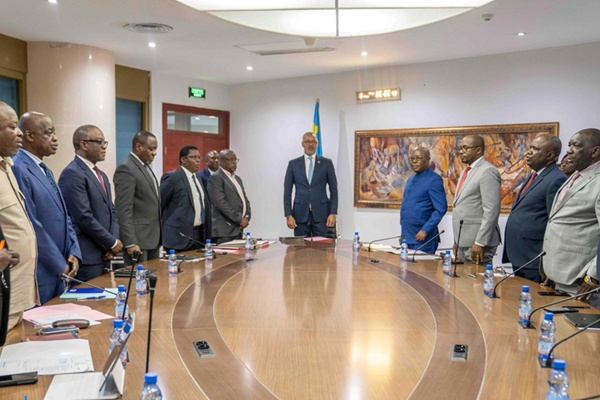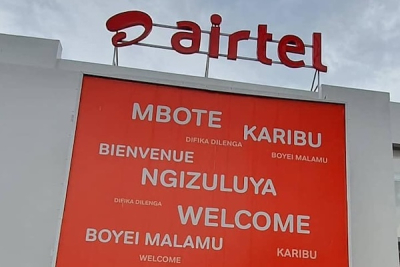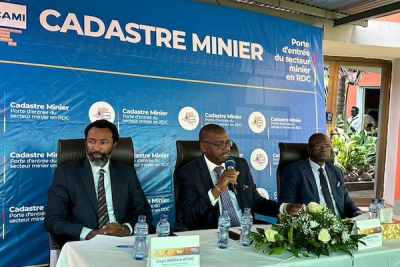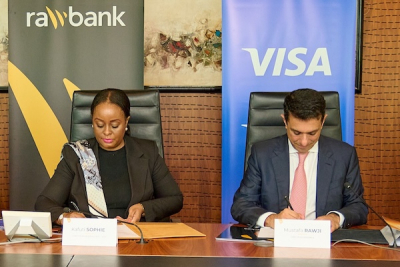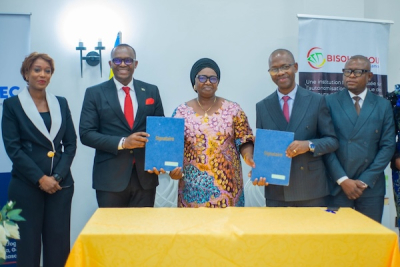The Congolese government has reorganized its national system for combating mining fraud and smuggling. A new committee of the Commission nationale de lutte contre la fraude et la contrebande minière (CNLFM) was installed on May 20, 2025, by the Minister of Mines, Kizito Pakabomba. The committee is now headed by Inspector General of Mines Didier Kaku Kingwabidi, who succeeds Freddy Mwamba, the sole national coordinator since the CNLFM was created in 2010.
"This new committee sees its mandate strengthened through the involvement of the Ministries of Mines, Interior, Defense, and Justice," according to the Ministry of Mines. The new coordinator was appointed by interministerial decree involving these four ministries. Customs, mining police, and economic intelligence services are also involved.
The committee's expanded mandate includes coordination between regulatory institutions and security forces, control of gold, diamond, and cupro-cobalt production and marketing chains, and optimization of tax and customs revenues. It also integrates the deployment of traceability technologies and regional cooperation, notably within the framework of the International Conference on the Great Lakes Region (ICGLR).
The previous committee, which had been active for several years, had faced criticism for its low efficiency, lack of coverage of high-risk mining sites, and logistical dysfunctions. A sector audit conducted in 2020 by the Ministry of Mines with World Bank support recommended a complete overhaul of the operational system.
According to the Ministry, these reforms are part of a broader strategy to improve the traceability of mining flows, strengthen revenue collection, and secure border operations.
In 2025, the DRC expects to generate more than $5 billion in mining revenues, up 11% from 2024. Yet, losses due to fraud and smuggling remain significant. For example, the border between Kolwezi (Lualaba) and Zambia is one of the main points of leakage, with losses estimated at $40 million per month, according to data relayed by Reuters.
These figures highlight the urgent need for more robust control mechanisms, particularly in the mining areas of Katanga, South Kivu, and Ituri, where minerals sometimes circulate without regulatory traceability.
In parallel with this internal reform, the DRC has signed an agreement with Erik Prince, an ex-Navy SEAL and founder of the Blackwater security company. Through his company, Frontier Services Group (FSG), he has been recruited to help secure mining supply chains, providing support for border control, cargo surveillance, and technical assistance for inspections.
This article was initially published in French by Boaz Kabeya (intern)
Edited in English by Ola Schad Akinocho






